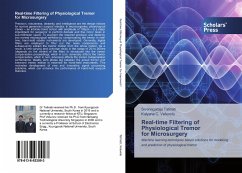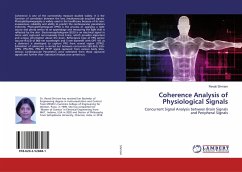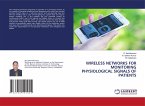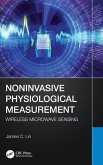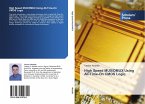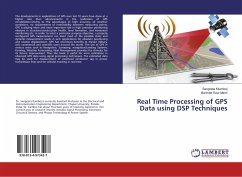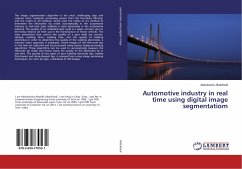Precision, robustness, dexterity, and intelligence are the design indices for current generation surgical robotics. In microsurgeries, physiological tremor - an intrinsic hand motion with amplitude of 100µm - is a major impediment for surgeons' to perform delicate and fine motor tasks in sub-millimeter space. To augment the required precision and dexterity into normal microsurgical workflow by compensating the tremor in real-time, hand-held robotic instruments are developed. Generally, digital filters are employed to filter out the noise components and subsequently extract the tremor motion from the whole motion. As a result, a time-varying and unknown delay in the range of 20 to 200ms (depends on the variant of the filter) is introduced into the tremor compensation proceedings, which in turn, adversely affects the tremor compensation, which in turn, adversely affects the tremor compensation performance. Ideally, zero phase lag between the actual tremor and extracted tremor motion is essential for hand-held instruments. This motivates development of new and innovative signal processing solutions, which can enhance the performance of hand-held surgical Robotics.

